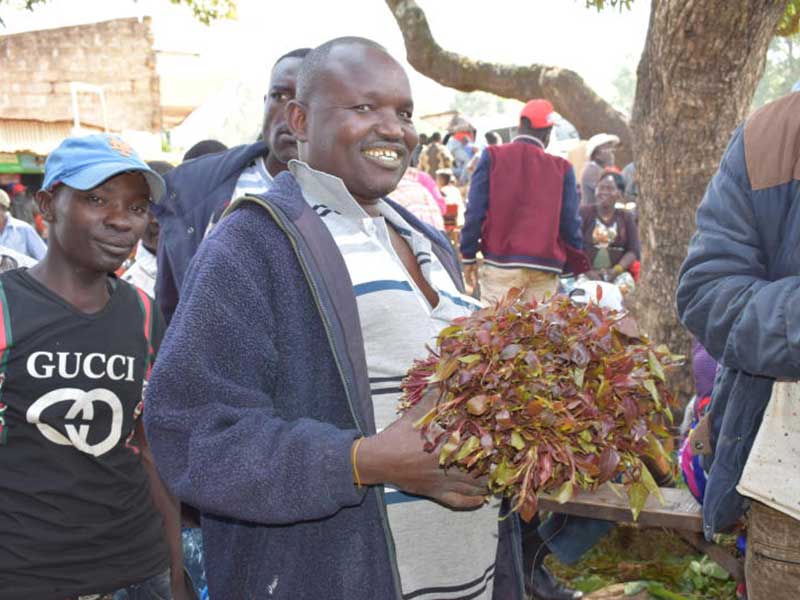×
The Standard e-Paper
Fearless, Trusted News

Miraa farmers and traders are bracing for sweeping changes that will see the agricultural sub-sector streamlined.
Most important, miraa growers have to adhere to the new regulations before the crop can be recognised as a cash crop.